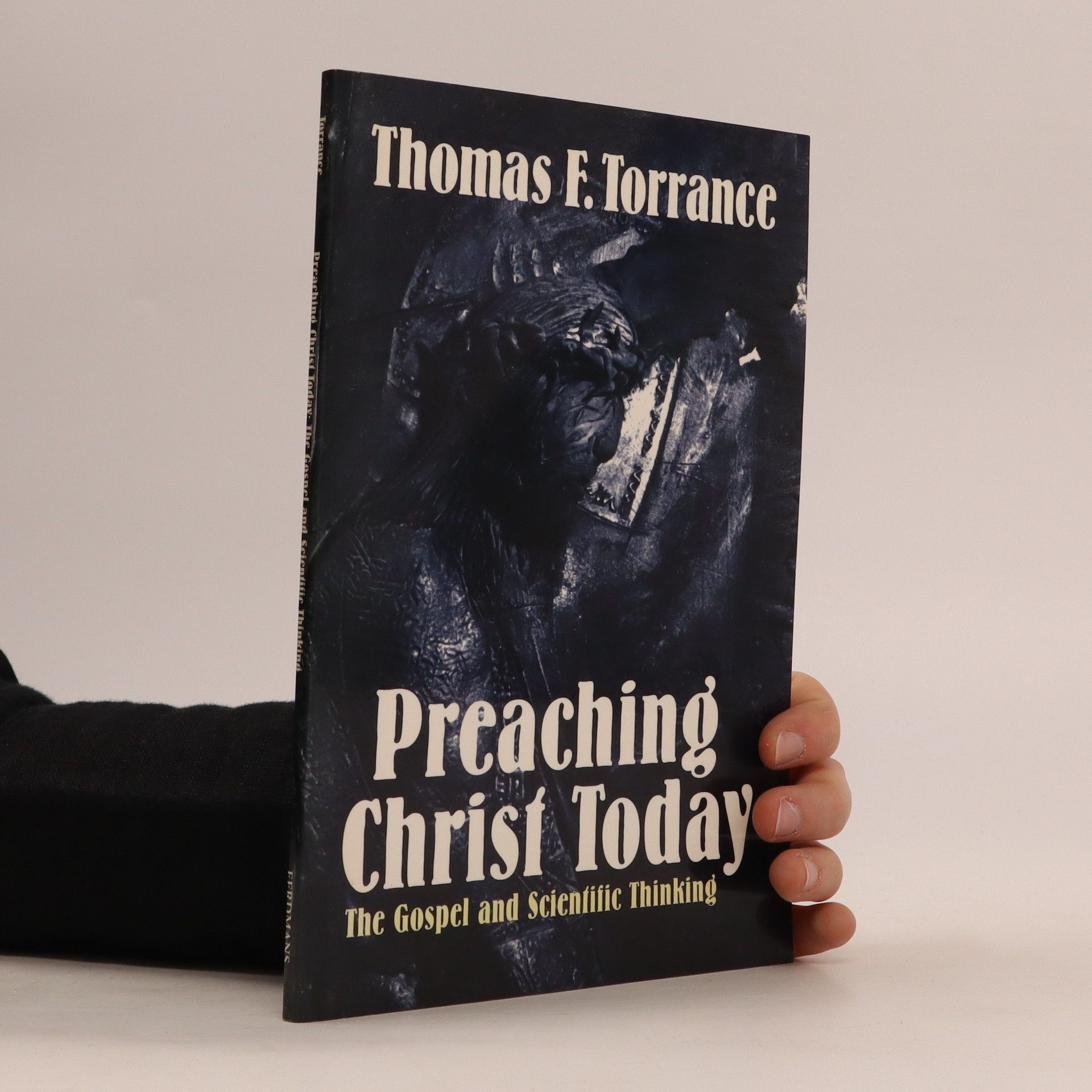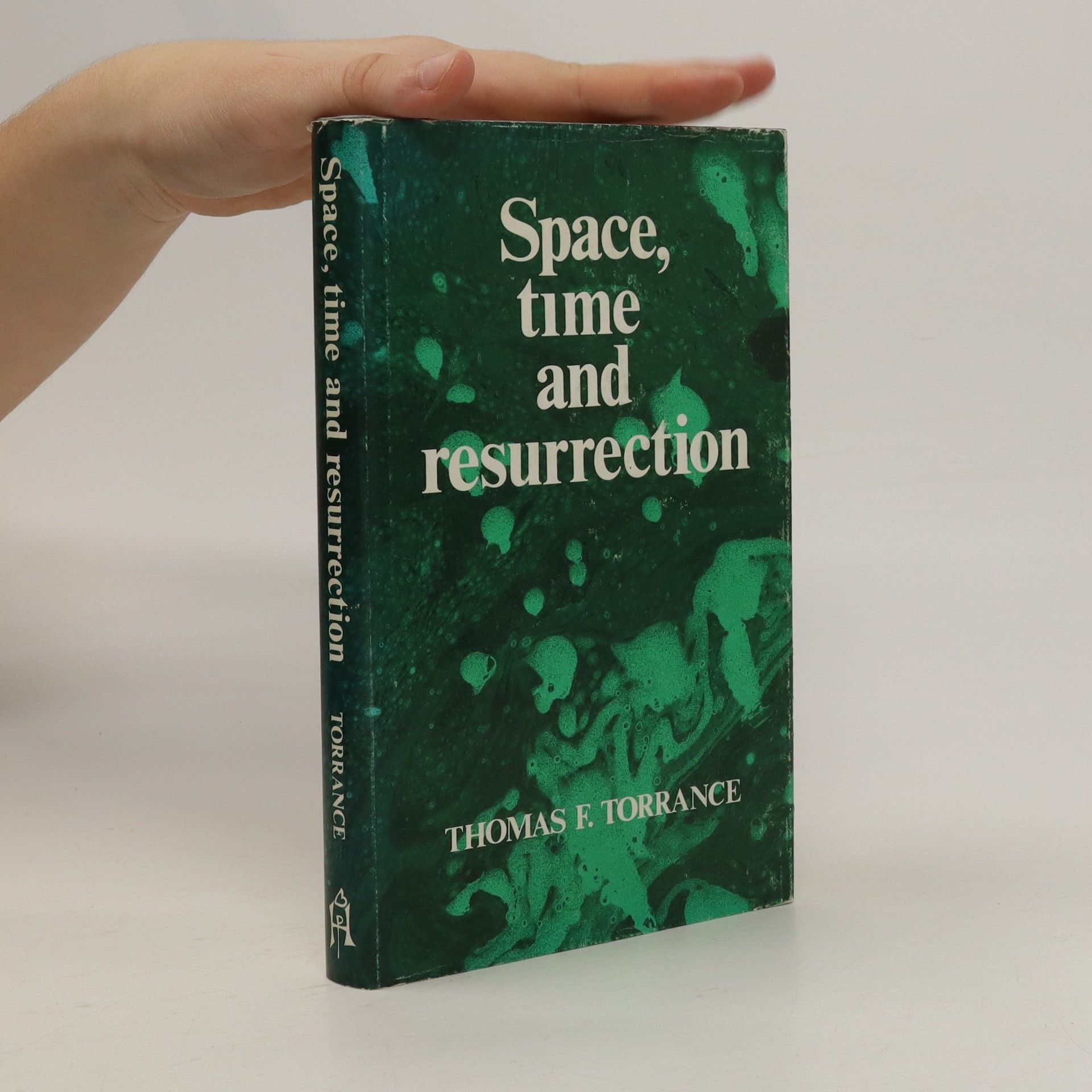T.F. Torrance’s Conflict and Agreement in the Church gathers together his most influential essays and articles on topics relating to ecumenism. Himself involved heavily in the ecumenical movement, he wrote that ‘ours must be the task of learning together again how to confess, like the early Church, faith in Jesus Christ as Saviour and God in all its breadth and length and height and depth, and therefore in the overflowing love of God.’ Out of this conviction grew a comprehensive doctrine of the Church ‘in which our differences are lost sight of because they are destroyed from behind by a masterful faith in the Saviour of men.’ In this first volume, Torrance presents a set of essays engaging theologically with different denominations, along with responses to particular problems facing the ecumenical project. In particular, writing after the third world conference on faith and order, he addresses the hopes and barriers it raised to closer ecumenical relations. Throughout, Torrance’s acute awareness of contrasting theological principles establishes a firm basis for further progress, without obscuring the doctrinal and ecclesiological differences that remain.
Thomas F. Torrance Book order (chronological)
Thomas Forsyth Torrance was a Scottish Protestant theologian renowned for his pioneering work bridging science and theology. His scholarship delved deeply into systematic theology, marked by an original approach to theological thought. Beyond his own prolific writings, Torrance significantly contributed by translating hundreds of theological works into English, making essential texts accessible to a wider audience. His lifelong dedication to the church and pursuit of ecumenical understanding established him as one of the most influential theologians of the twentieth century.





Kresťanská teológia a vedecká kultúra
- 128 pages
- 5 hours of reading
V knihe Kresťanská teológia a vedecká kultúra Thomas F. Torrance poukazuje na paralely medzi prírodovedeckým a teologickým bádaním, na základe čoho propaguje termín teologická veda. Vďaka dobrej znalosti dejín a filozofie vedy podrobne rozoberá epistemologické východiská teórie elektromagnetického poľa Jamesa Clerka Maxwella a oboch teórií relativity Alberta Einsteina. Táto analýza sa preňho stáva východiskom na aplikáciu vedeckej epistemológie pri riešení otázok teologickej vedy. Za príspevok k rozvoju teologického myslenia a vzťahu medzi vedou a teológiou T. F. Torrance získal Templetonovu cenu v roku 1978.
Biblical scholar, former professor, and author Thomas Torrance suggests that great preaching today not only includes a faithful presentation of the Christian gospel, but that such presentation be expressed in ways that can be appreciated within the modern scientific understanding of the created universe upon which God has impressed his Word.
The Incarnation. Ecumenical Studies in the Nicene-Constantinopolitan Creed
- 210 pages
- 8 hours of reading
Space, Time and Resurrection
- 196 pages
- 7 hours of reading
The sequel to Space, Time and Incarnation. Professor Torrance attempts to set out the biblical approach to the Resurrection in terms of the intrinsic significance of the resurrected one, Jesus; and demonstrates that the Resurrection is entirely consistent with who Jesus was and what he did. The Resurrection is thus taken realistically, and treated as of the same nature, in the integration of physical and spiritual existence, as the death of Christ. All this is elucidated in the context of modern scientific thought, in such a way as to show that far from being frightened by modern science into a compromise of the NT message of the Resurrection of Jesus Christ in body, it actually allows us to take its full measure.